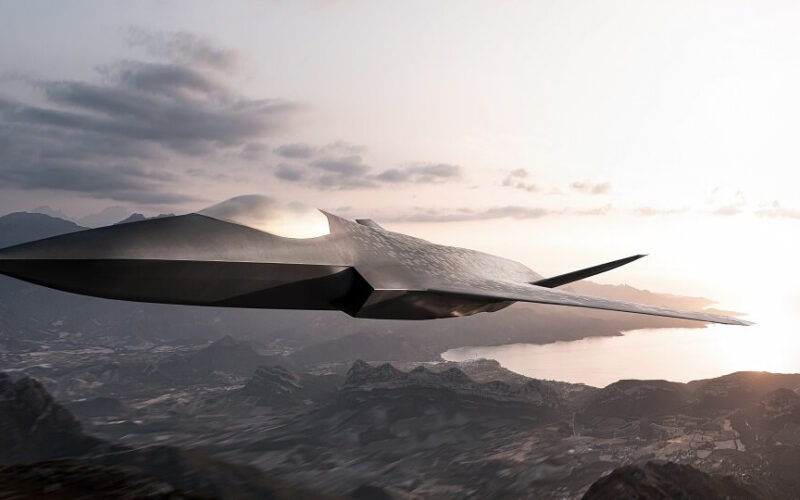France and Germany signed an arms export agreement regarding weapons developed conjointly, a necessary step for the development of the Future Air Combat System (FCAS) by Dassault and Airbus.
The two governments have seemingly heard the call of manufacturers that had urged to settle their differences in military cooperation during the Franco-German ministerial council meeting in Toulouse, France on October 16, 2019.
The new agreement will set up a reciprocity system where one country will automatically approve the sale of weapons if their share in the selling price is less than a certain percentage (rumors say about 20%). “The arms export agreement seals mutual trust between France and Germany and is the condition for the success of joint projects such as the tank and the plane of the future,” the two governments outlined in their official declaration.
As for the contract on technology demonstrators that Dassault and Airbus expected this year, they will have to wait until January 2020. It is valued at €150 million over two years, with the objective to see a Next Generation Fighter demonstrator take to the skies by 2026. Despite the delay, Dassault CEO Eric Trappier said this new step was welcomed. “We look forward to January to begin the demonstrator’s work,” Trappier commented to the AFP.
But this agreement on the executive level could once more face problems when presented to the legislative power. Members of the Bundestag, the German parliament, could be skeptical regarding the industrial division of the FCAS program and block the agreement, as they already did when presented with the industrial structure of the engine subprogram.
The SCAF cooperation is intertwined with two other projects: the main ground combat program (MGCS) for a European battle tank and the Eurodrone (development of a European Medium Altitude Long Endurance drone).
While in Toulouse, Emmanuel Macron and Angela Merkel also visited the assembly line of the Airbus A350 XWB. “This A350 is the embodiment of European solidarity in a time of international trade crisis,” declared the French presidency. “Fifty years ago, decisions led to the development of close cooperation between our two countries, and we will do everything to ensure the success of this venture,” the German Chancellor said.
Today we are honoured to host French President @EmmanuelMacron and German Chancellor Merkel, who are visiting the #A350 XWB Final Assembly Line here in Toulouse. The A350 XWB – the world’s most modern, efficient widebody – embodies our long-standing European partnership pic.twitter.com/Y6NDcfLf4v
— Airbus PRESS (@AirbusPRESS) October 16, 2019

